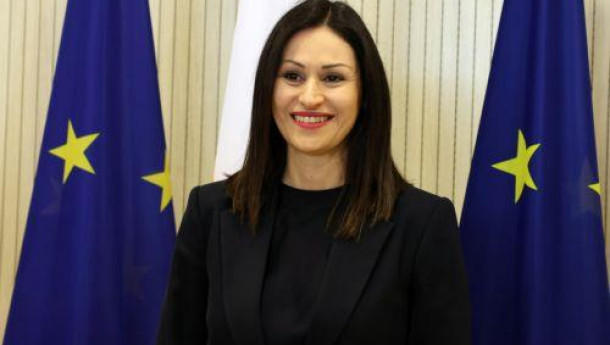
Minister of Agriculture, Rural Development and Environment Maria Panayiotou stressed that the Common Agriculture Policy of the EU needs to be enhanced and evolve, in her intervention during the informal Council of Agriculture Ministers of the EU which was held in Budapest on September 8-10, according to a PIO press release.
The informal ministerial meeting focused on the future of the Common Agricultural Policy (CAP) with the aim of shaping a competitive, crisis-resistant, sustainable and farmer-friendly agriculture. The meeting discussed the main priorities of the CAP after 2027.
In her intervention, Panayiotou stressed the importance of the continuation and evolution of the CAP in order to ensure the sustainability and competitiveness of European farmers and food security.
The Minister pointed out the need to simplify and reduce bureaucracy associated with the implementation of the CAP in order to make it more efficient and manageable for farmers. She also referred to the need for flexibility for member states in defining and adapting the strategic objectives of the CAP, in order to respond to new challenges such as climate change and crisis management.
Panayiotou also stressed the need to support small and medium-sized farmers through existing and new tools, as well as to ensure that there is a crisis management fund for the primary sector.
The Minister also underlined the need for a more flexible crisis management framework, with faster and simplified procedures, in order to address local specificities and challenges faced by member states, as well as the importance of increasing the agricultural reserve to deal with emergency situations. She added that in order to make the primary sector more attractive to young people, it is necessary to ensure that their income is fair and stable, reducing as much as possible the impact of unpredictable exogenous factors such as weather conditions.
Panayiotou also referred to the positions agreed by the MED9 following the ministerial summit recently held in Cyprus, focusing on the need for a holistic approach. This holistic approach, she added, aims to ensure synergy and coherence in all legislative processes for water availability and water scarcity in the primary sector.
Finally, the Minister noted that the threat of drought must be tackled thoroughly at a pan-European level, whether within or outside the confines of the CAP, both in terms of promoting innovation and technology and in terms of investment, political will and cooperation.

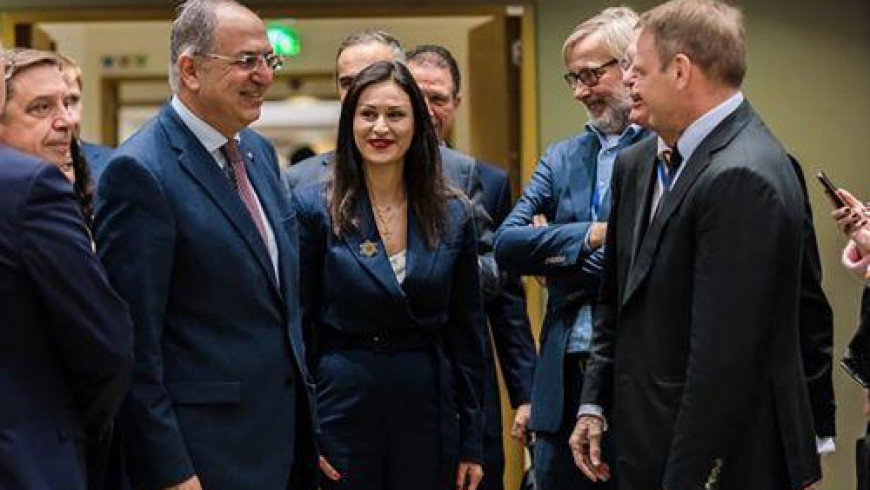
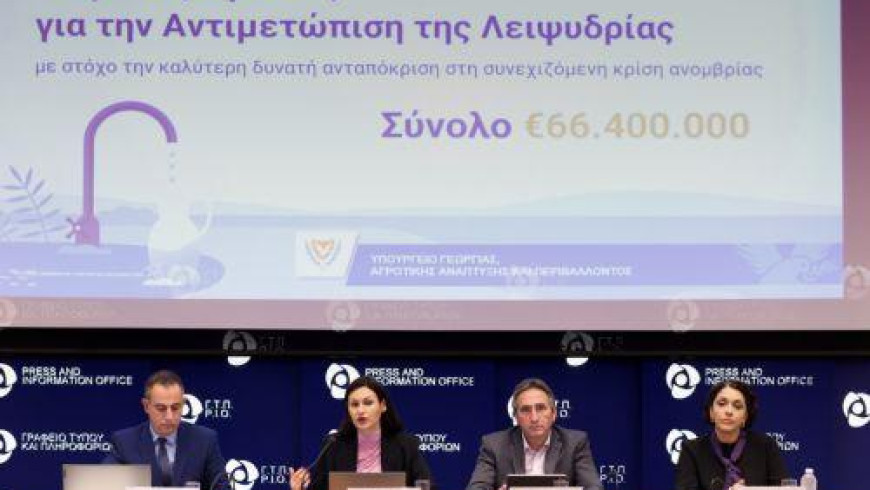
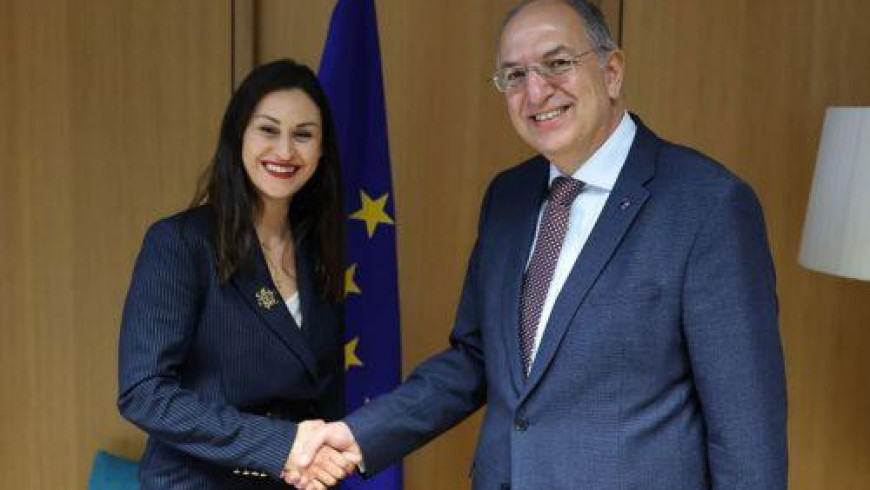
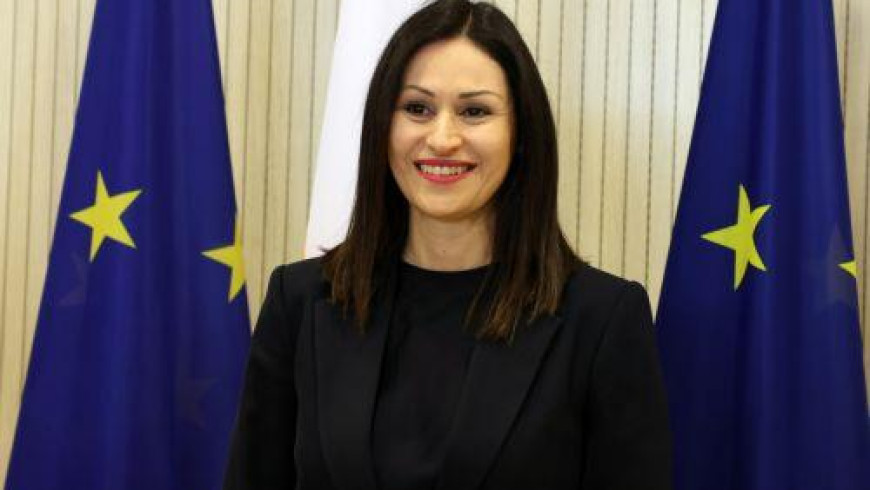
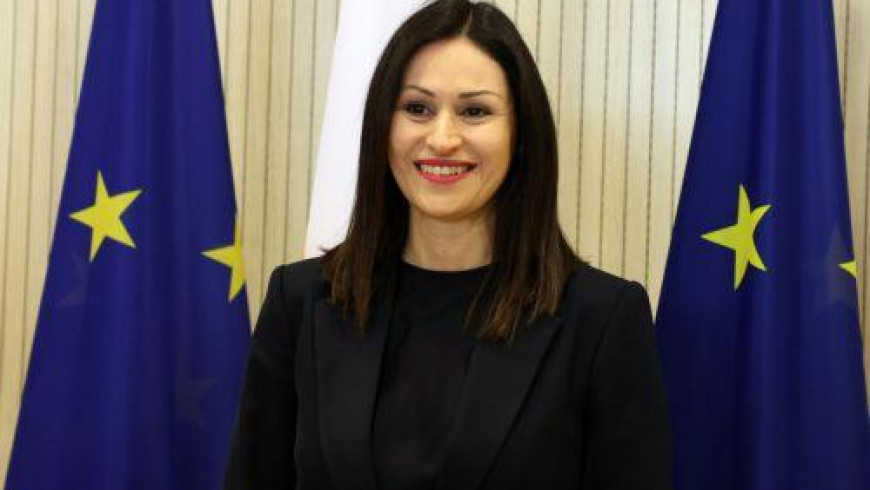
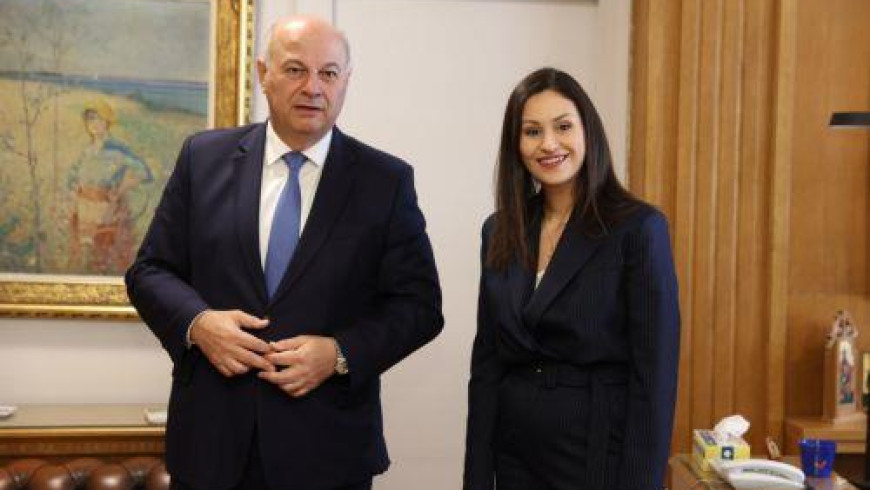
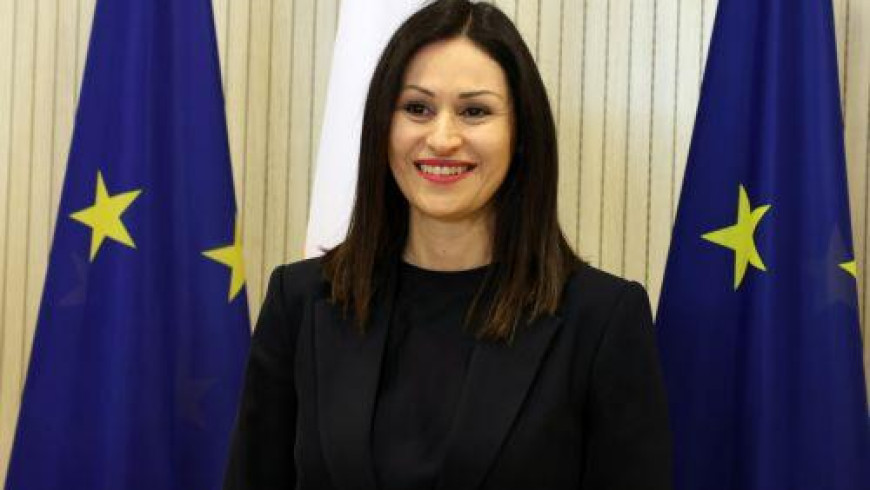
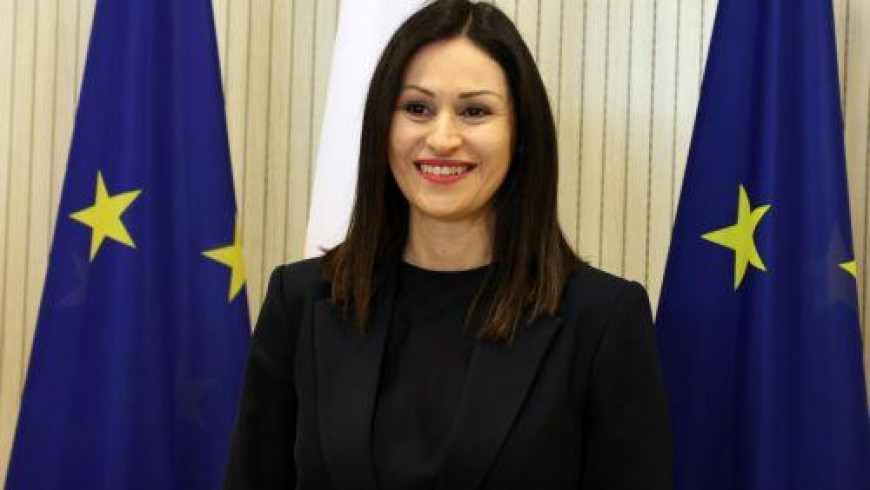





 3287.99
3287.99 1275.09
1275.09
